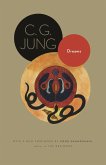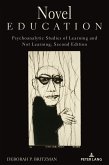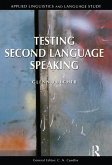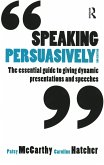Originally, transference was ascribed to displacement on the analyst of repressed wishes and fantasies derived from early childhood. The transference neurosis was viewed as a compromised formulation similar to dreams and other neurotic symptoms. Resistance, defined as the clinical manifestation of repression, could be diminished or abolished by interpretation, mainly directed toward the contentual presentation of the repressed. Transference resistance, both positive and negative, was inscribed to the threatened emergence of repressed unconscious material in the analytic situation. Presently, as with the development of a structural approach, the superego had been portrayed as the heir to the genital Oedipal situation, also was the recognition as playing a leading role in the transference situation. The analysis was subsequently viewed not only as the object by displacement of infantile incestuous fantasies, but also as the substitute by projection for the prohibiting parental figures, in which had been internalized as the definitive superego. The effect of transference interpretation in mitigating undue severity of the superego has, therefore, been emphasized in many discussions of the representations of transference.
Dieser Download kann aus rechtlichen Gründen nur mit Rechnungsadresse in A, D ausgeliefert werden.









